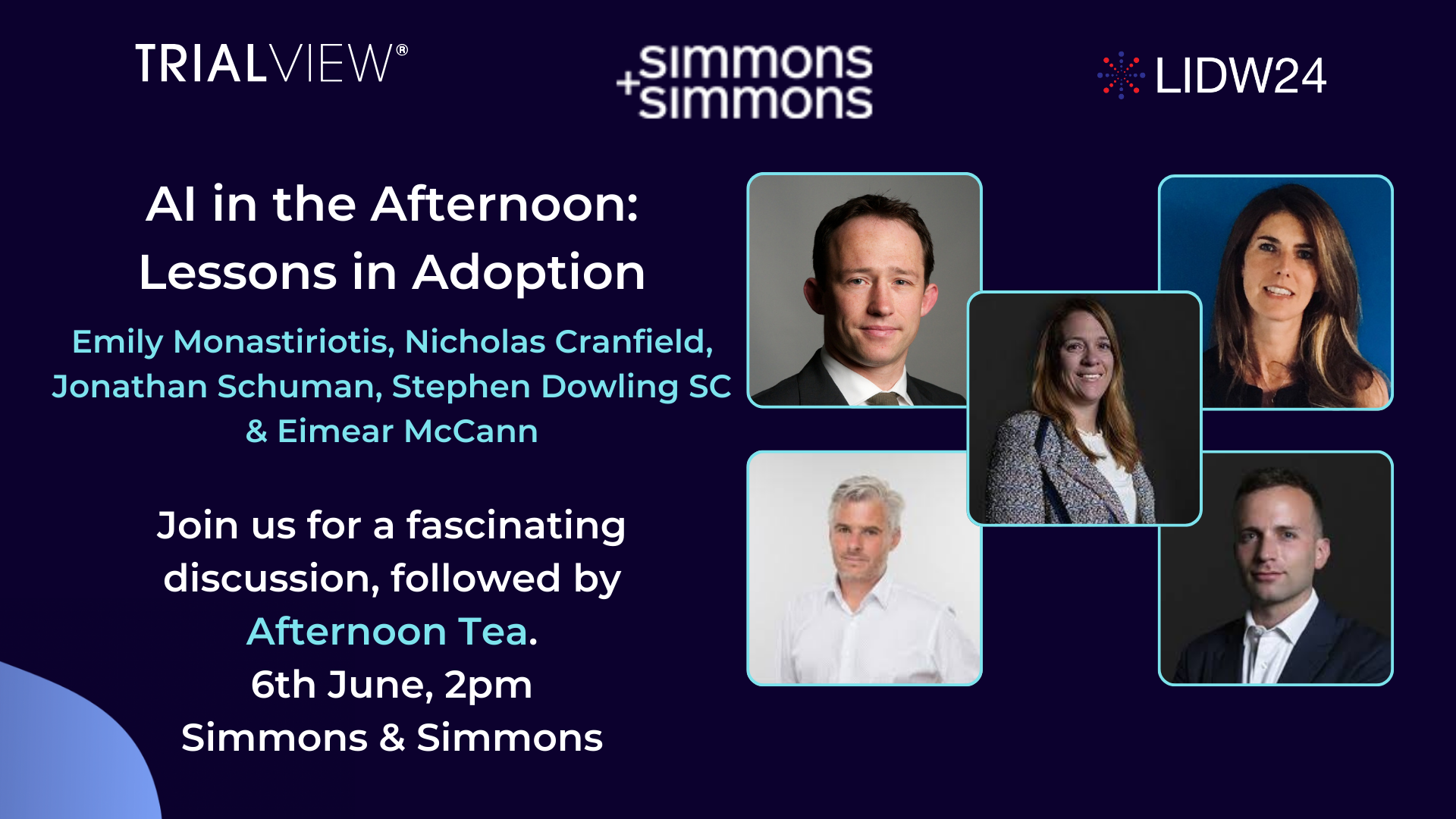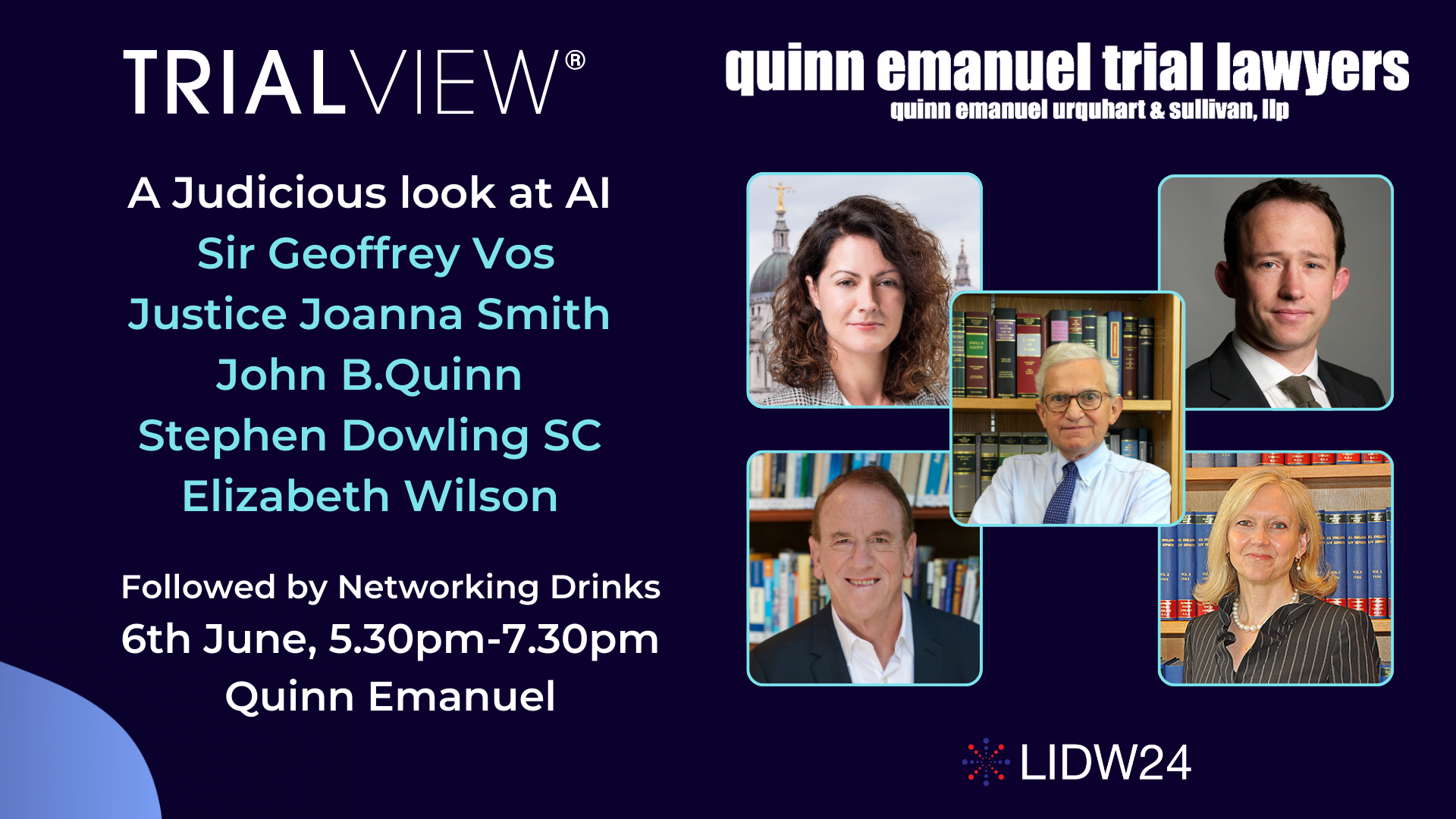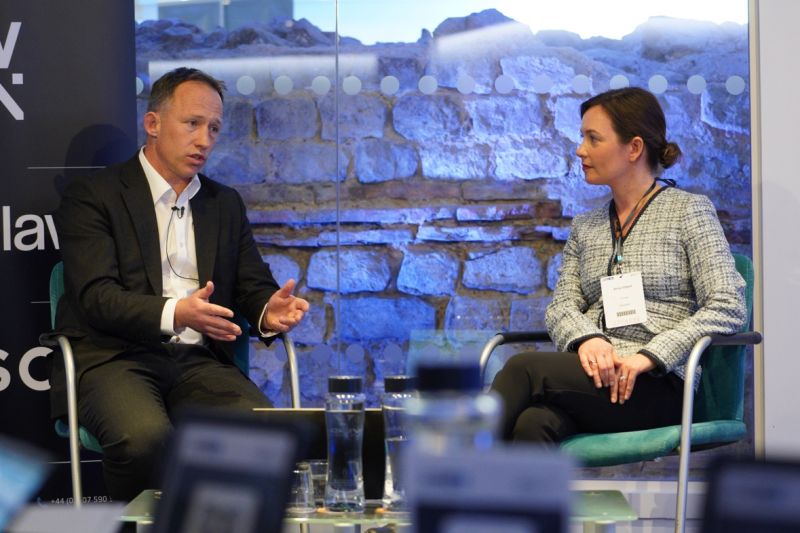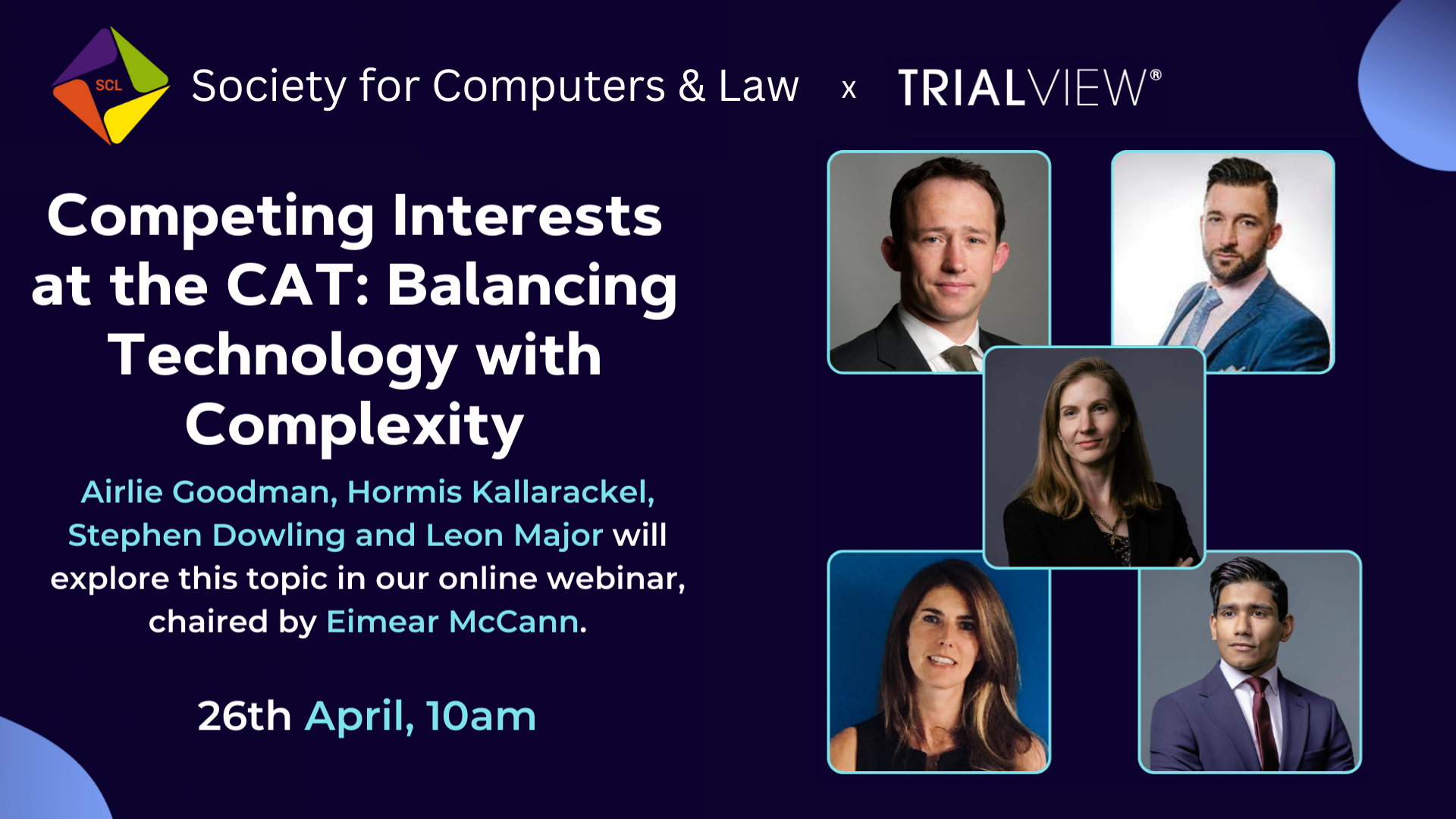At TrialView, our focus is on streamlining the dispute resolution process. With our AI functionality, we balance innovation with practical tools to help make your case preparation easier. One of our newest evolutions is Timeline Creation functionality.
This feature facilitates instantaneous generation of chronologies based on provided case document data. Powered by artificial intelligence, our software swiftly parses through pertinent case information, including names, locations, and events. It then aggregates these elements into a succinct and easily comprehensible chronology.
Tailored Chronology Solutions
Busy practitioners will be familiar with the burden of hearing preparation, which is why we focus on creating tailored features, which not only save time, but also add value to your case. Furthermore, granular user access permissions can be configured to ensure that each team member accesses only the information pertinent to their role and responsibilities.
Real-Time Updates
Automatic alignment between the case timeline and supporting evidence ensures that any modifications or annotations made to the latter are instantaneously reflected in the chronology. This real-time update mechanism bolsters accuracy and coherence within the case management process.
Simultaneous Team Collaboration
Our software fosters seamless collaboration among legal practitioners, co-counsel, expert witnesses, and other stakeholders, irrespective of geographical constraints. This collaborative ecosystem facilitates the sharing of information, task assignment, status updates, and other essential communications, thereby promoting alignment and synergy within the team.
Linking and Relationship Mapping
Our software empowers users to establish meaningful connections by linking diverse pieces of information—ranging from facts and evidence to contacts, images, and issues—thus facilitating a comprehensive understanding of the case. This interconnectedness allows team members to swiftly delve into the source information associated with a specific event within the chronology, thereby gaining invaluable insights and context.
Automated Chronology Generation
A pivotal advantage offered by our case management software is its capability to seamlessly incorporate events into your case chronology with automated precision. Users can effortlessly create new chronology events with just a few clicks, all the while remaining engaged with the pertinent documents or evidence under review.
So, now that you know what our software can do, what are the benefits?
Enhanced Efficiency and Productivity
Documentation of litigation chronologies stands as a cornerstone in substantiating legal arguments. However, conventional manual workflows render this task among the most arduous in the legal process. With the integration of automated timeline creation, this process is streamlined, expedited, and remarkably efficient. Consequently, legal professionals can reallocate the time previously consumed by manual chronology management toward tasks of greater strategic import.
Facilitated Understanding and Expedited Onboarding
For firms engaging frequently with co-counsel on litigation matters, the adoption of these tools expedites the onboarding process. Equipped with a comprehensive, interactive visual representation of critical case information, team members can swiftly grasp the case’s context, delve into pertinent details, and commence meaningful contributions without delay.
In-depth Analysis and Reporting Capabilities
Our AI tools offer the potential for analytical review and clarity into case dynamics and prevailing trends, leading to actionable insights. By scrutinising historical data and performance metrics, users can discern recurring patterns, evaluate case viability, and make informed decisions.
At TrialView our aim is to serve as the go-to software for any legal team who are looking to streamline their disputes practice, and shift away from arduous manual, labour intensive work, towards a streamlined and more efficient workflow through technology. Our timeline creation functionality is just one of the countless ways we are working to improve our product and help you and your team make the transition to the new age of digitised legal work.
Find out more by requesting a demo – experience the power of TrialView today.
A blog post by TrialView intern, Matthew Crofts.










